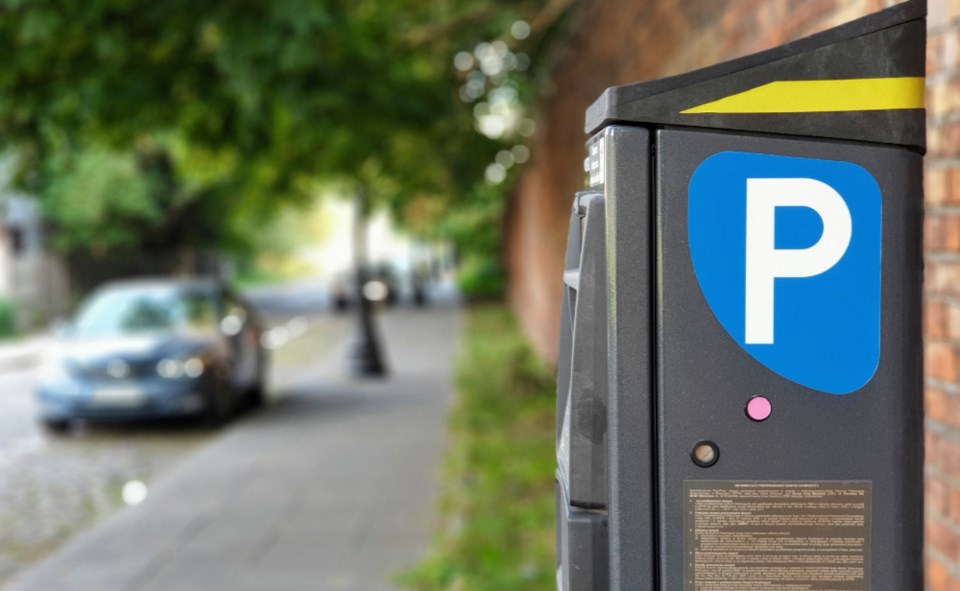Port Moody may have to look at revenue sources like pay parking and increased boat launch fees if residents don’t want to face growing property tax increases.
That’s one suggestion offered by Coun. Steve Milani last Tuesday (Feb. 1) as council’s finance committee chewed on the prospect of a 5.97 per cent property tax increase proposed by staff. The boost would add $151 to the tax bill of an average home in the city assessed at about $1.2 million.
Coquitlam recently approved a 3.43 per cent tax increase while Port Coquitlam proposes its homeowners pay 3.64 per cent more.
Milani said while the proposed increase looks steep compared to the past two years – when property taxes in the city went up 3.55 per cent in 2021 and 1.61 per cent in 2020 – those were austerity budgets brought in to counter some of the hardships the community endured during the COVID-19 pandemic. Residents faced a 5.57 per cent increase to their property taxes in 2019.
“Sure, it sounds high,” Milani said about this year’s almost six per cent boost, “But everything has gone up since our last pre-COVID budget.”
While Coun. Diana Dilworth cautioned the idea of introducing pay parking across the city to potentially offset property tax increases could be a “slippery slope” that residents will decry, she agreed the time for making tough decisions is nigh.
“We’re either going to have to increase taxes or reduce services,” she said. “There’s not a choice.”
Coun. Meghan Lahti agreed.
She said the proposed tax boost for 2022 is paying for decisions made in previous years, and that bill will continue to go up in the future unless additional revenues are found if residents expect services be fully maintained.
“That’s not a sustainable financial approach,” Lahti warned.
In a presentation to the committee, Port Moody’s general manager of finance and technology, Paul Rockwood, said initial calculations pegged the proposed tax increase at 7.81 per cent to account for things like the expense of bringing back several city-sponsored events that had been cancelled by pandemic public health measures the past two years as well as hiring for a number of new positions requested by various departments.
He said sharpened pencils and the deferral of those hirings brought the boost down. But other pressures remain.
Among them, Rockwood said, are increased expenses for the city to provide health and social services that used to be paid for by other levels of government, a decrease in available grant money, lower-than-expected provincial tax revenues from cannabis sales that are supposed to be shared with municipalities, and the costs of coping with extreme events like last summer’s heat dome, atmospheric rivers, snow storms and the pandemic.
“Those are things we don’t normally budget for, but we’ve had to deal with them,” Rockwood said.
As well, he added, the city is feeling increased pressure on its infrastructure, like parks and trails, as residents from surrounding communities come into Port Moody to enjoy them.
That’s resulted in higher costs for enforcing parking regulations along Bedwell Bay Road as well as higher maintenance expenses to keep facilities in tiptop condition.
“We’re not generating growth dollars that deal with those pressures,” Rockwood warned, adding the city also doesn’t have the advantage of getting revenue from sources like casinos or pay parking like some neighbouring communities.
Coun. Hunter Madsen said that’s the nub of the problem. He said as Port Moody grows in population, its residents will have to pay for the costs that come with that growth, like more recreation facilities.
“Unless we get business growth again in a big, dramatic way, this train goes in the wrong direction,” he said.
Lahti echoed that sentiment, reiterating the city can’t just keep leaning on residents to pay Port Moody’s freight.
“I’m really hoping we can have a frank discussion on how to create a better balance in our tax base, but we also have to really look at alternative ways to bring money into the city,” she said.
Public consultation on the proposed property tax increase is set to begin on the engagement portal of Port Moody’s website this month prior to further discussions by the finance committee through March.
Approval of the final budget by council is expected by May 10.



